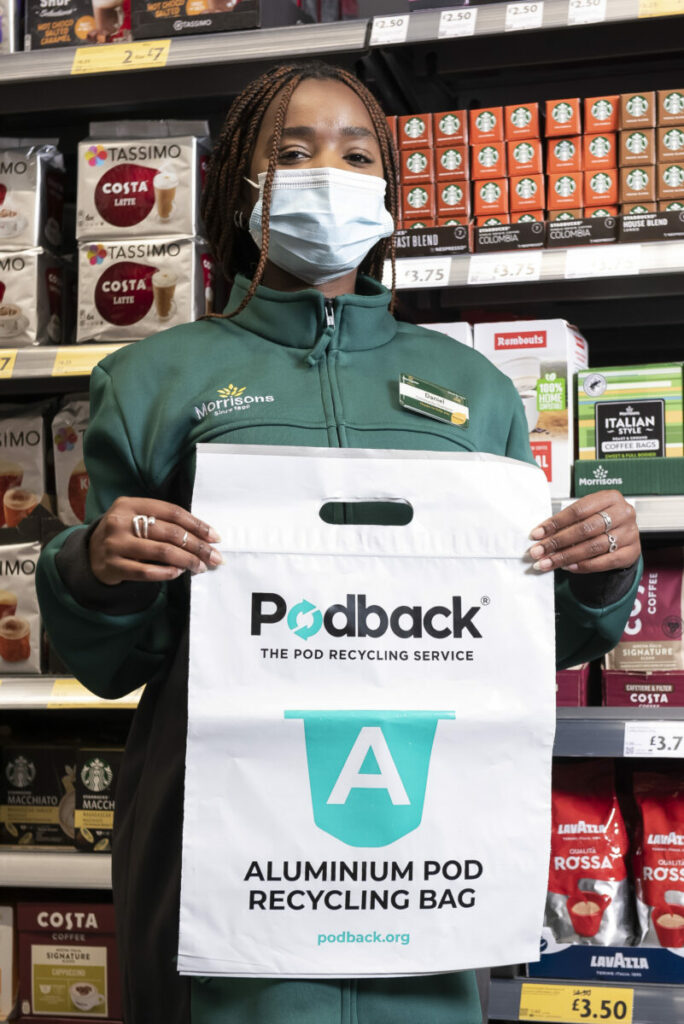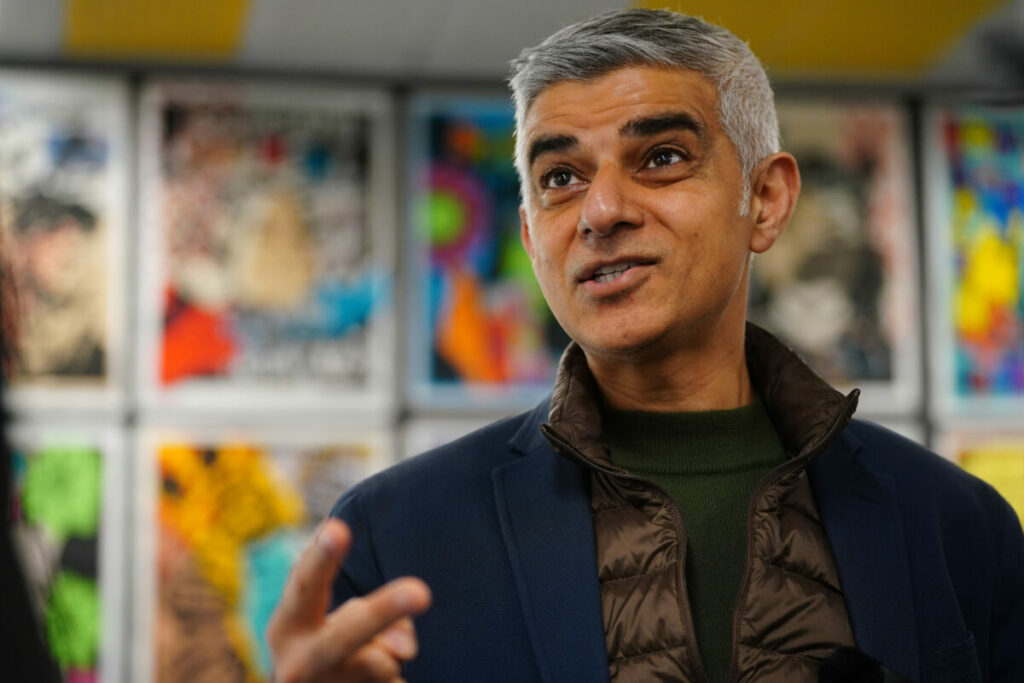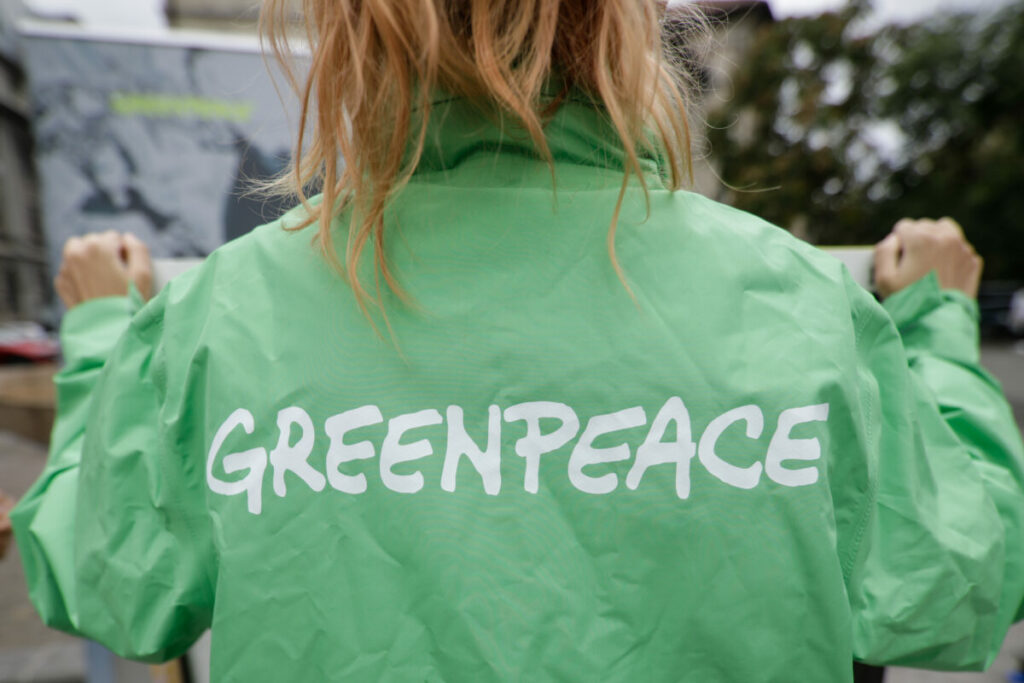Support for environmental and social proposals has decreased to 25%, the lowest in 5 years according to data from Broadridge consultancy.
In addition, according to data from the firm shared in the Financial Times, 44 sustainable funds removed the term “sustainable” from their brand name, contrasting with 2022 when 99 firms added the term to their name.
It comes after the EU’s financial markets regulator Esma launched plans which stated that a firm would only be able to use ESG-related words if 80% of its investments where part of meeting ESG objectives.
The EU has also said it will ban the term “carbon neutral”, alongside other “generic” environmental claims, including phrases such as “energy efficient” and “biodegradable”.
Linklaters partner Raza Nazeem told the FT that “Firms need to be careful that their funds and their underlying investments are not inadvertently perceived as sustainable investments such that they trigger these additional SFDR obligations”.
Subscribe to Sustainability Beat for free
Sign up here to get the latest sustainability news sent straight to your inbox everyday
It comes as companies are tempted to hide their approaches to sustainability amid fears about “greenhushing”.
Among companies that have faced scrutiny lately, is Apple for its Mother Earth stunt and promoting a “carbon neutral watch”.
Speaking on the ruckus, Sustainability expert Mike Barry said: “It’s a reminder of why #carbonneutral should be banned as a term in the marketplace. If one of the world’s leading corporate actors on sustainability (which Apple is) cannot easily use it, what confidence can we have that lesser players will use it properly?”
Lego has also recently faced backlash for its decision to scrap its plans to make the bricks from recycled plastics.
Speaking on the BBC Nicola Stopps said: “I think it’s just a sign of the businesses approach to sustainability and maturity.”
She added: “In that time we’ve seen a huge shift from when it was acceptable for marketing partners to be developing their sustainability strategies, to now deep experts on sustainability and ESG who are science-based.”















